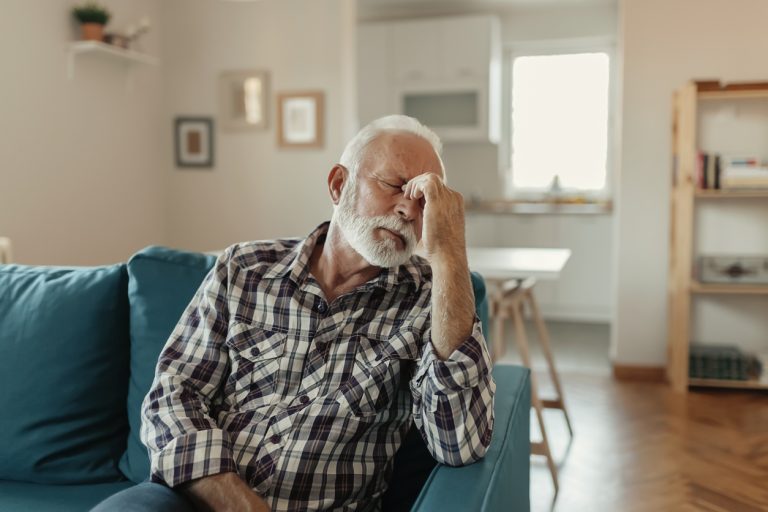
Hormone Health TRT

Many of us will suffer from stress or anxiety at some point in our lives, which is entirely normal. In fact, according to the National Institute of Mental Health, about 18% of American adults will experience anxiety in their lifetime. However, sometimes you might become overwhelmed by the way you’re feeling, and it can be a struggle to know or tell the differences between stress vs anxiety.
This article will go into the differences and similarities between stress and anxiety and examine treatment strategies for both.
Stress and anxiety are part of our body’s natural fight or flight reaction, which is our body’s way of ensuring that a person is focused, alert, and ready to deal with an impending threat. While it can be useful in certain situations, these feelings can interfere with daily living for some people.
When someone feels threatened or on edge, their body releases cortisol, a stress hormone, which then causes the heart to beat faster, and push more blood around the body. It also sharpens up a person’s senses, and the body releases nutrients for extra energy. This reaction allows a person to be ready to fight or run away from a situation.
While stress and anxiety feel similar and may display similar symptoms, there are some critical differences between the two.
Both sets of symptoms are very similar, so you might be asking: “Are stress and anxiety different from each other?” Stress tends to be short-term and is a response to a particular threat or trigger. In comparison, anxiety can be experienced for longer periods and may sometimes seem like there’s no obvious trigger or event causing the anxiety.
If you’re finding yourself frequently feeling stressed or anxious and it’s overwhelming you, there are several strategies that you can try to manage stress and anxiety.
Different relaxation methods can help people cope with stress and anxiety. For example:
Research has consistently shown that people report feeling calmer after a 20-30-minute session of exercise. These feelings of calmness can last for several hours after the workout.
Whether you choose to speak to a friend or loved one, or a therapist or psychologist, talking about how you’re feeling can be incredibly helpful for some people.
People who suffer from anxiety are more likely to experience a lack of sleep or other sleep disorders. People with anxiety are five times more likely to experience a lack of sleep or other sleep disorders. It can be a challenging cycle as sleep deprivation can make feelings of stress and anxiety worse. If you’re struggling with stress, anxiety, and sleep deprivation, speak with your doctor to see how they can help.
While they are generally different experiences, sometimes stress can develop into anxiety. Stress is your body’s reaction to a threat, and anxiety is your body’s reaction to that stress.
| Symptoms of Stress | Symptoms of Anxiety |
|---|---|
| Faster heartbeat | Faster heartbeat |
| Faster breathing | Faster breathing |
| Anxious thoughts | Diarrhea or constipations |
| Moodiness, irritability, or anger | Feeling uneasy |
| General unhappines | Sweating |
| A feeling of being overwhelmed | Nervousness |
| Loneliness | Feeling fidgety, restless, or tense |
| Nausea or sickness | |
| Dizziness | |
| Diarrhea or constipation |
Some stress or anxiety isn’t always a bad thing in certain situations. They’re natural and usually short-term reactions that keep you safe. However, if you find yourself feeling stressed or anxious a lot of the time, then it’s time to seek medical advice from a doctor.
Anxiety or stress warning signs to look out for:
If you’re feeling overwhelmed with stress or anxiety, or like these feelings interfere with your daily life, consider speaking to a men’s health physician.
At Opt Health, you can seek specialized advice in a discrete setting in the privacy of your own home. Speak to an expert physician one-on-one over video conferencing, get test results, and medication delivered, all in the comfort of your own home.
Your health, your terms. Discover how personalized care can transform not just the way you feel, but how you live.